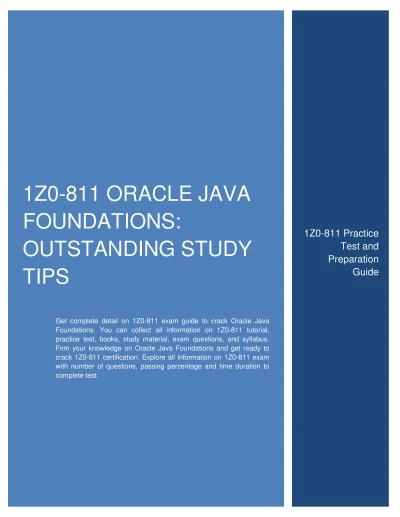PDF-(DOWNLOAD)-Becoming an Ethical Helping Professional: Cultural and Philosophical Foundations
Author : haywoodireland | Published Date : 2022-06-28
An engaging way to cover ethical choices in counseling settingsThis guide will take readers on a wideranging tour of ethicscovering both the theoretical and practical
Presentation Embed Code
Download Presentation
Download Presentation The PPT/PDF document "(DOWNLOAD)-Becoming an Ethical Helping P..." is the property of its rightful owner. Permission is granted to download and print the materials on this website for personal, non-commercial use only, and to display it on your personal computer provided you do not modify the materials and that you retain all copyright notices contained in the materials. By downloading content from our website, you accept the terms of this agreement.
(DOWNLOAD)-Becoming an Ethical Helping Professional: Cultural and Philosophical Foundations: Transcript
Download Rules Of Document
"(DOWNLOAD)-Becoming an Ethical Helping Professional: Cultural and Philosophical Foundations"The content belongs to its owner. You may download and print it for personal use, without modification, and keep all copyright notices. By downloading, you agree to these terms.
Related Documents














